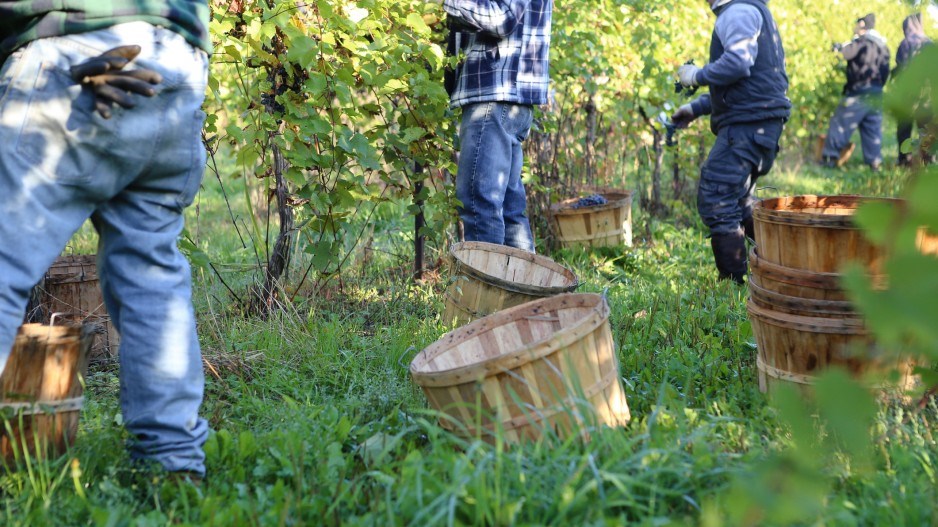Recruiting and hiring temporary foreign workers is almost a full-time job.
During certain times of the year, pork producers, beekeepers and others in Canada’s agriculture industry may spend 30 to 40 hours a week on paperwork if they want to hire these employees.
That load may soon be reduced, thanks to a new program from Employment and Social Development Canada.
The department has announced a project, called the Recognized Employer Pilot, that should ease the burden on farmers and other business owners.
“Most employers need a Labour Market Impact Assessment (LMIA) before they can submit a work permit application to hire a temporary foreign worker,” the government said in a document explaining the pilot project, released Aug. 8.
“An LMIA confirms that there is a need for a temporary foreign worker and that no Canadians or permanent residents are available to do the job.”
Currently, farmers and others who hire a temporary foreign worker must submit an LMIA every year to demonstrate that they can’t find a Canadian for the position.
Under the pilot project, an LMIA will be valid for three years, but only for business owners who have proven that they are “trusted employers.”
That basically means they have a record of treating employees fairly and a history of complying with the temporary foreign worker system.
The Canadian Agricultural Human Resource Council and several agricultural organization praised the government for introducing the Recognized Employer Pilot.
“CAHRC has consistently heard from agriculture employers who are concerned that annual LMIA requirements represent an unnecessary administrative burden,” CAHRC said.
“By extending LMIA validity for 36 months for eligible employers, the Government of Canada is addressing an important impediment to addressing labour shortages that have harmed the competitiveness of Canada’s agriculture sector.”
The news is helpful for beekeepers because foreign workers from the Philippines and Central America represent about 50 percent of employees at apiaries in Western Canada.
“In the beekeeping sector, most of the employees are incumbents. They come back year (after) year,” said Rod Scarlett, executive director of the Canadian Honey Council.
“The paperwork involved, just year to year, has been increasing.”
Scarlett is hopeful the pilot project leads to something more permanent, where trusted employers can use temporary foreign workers with fewer regulatory hassles.
“You (wouldn’t) have to file the paperwork as often. Your inspections may change if there’s been no complaints or issues,” he said.
“Still oversight, but it would be based on history…. It would allow employers a little more flexibility.”
Primary agriculture businesses who are interested in the Recognized Employer Pilot can apply this fall, which will allow them to use the program for the 2024 season.
Other businesses can apply in January 2024.
For more information, visit www.canada.ca/en/employment-social-development/services/foreign-workers/recognized-employer.html.


